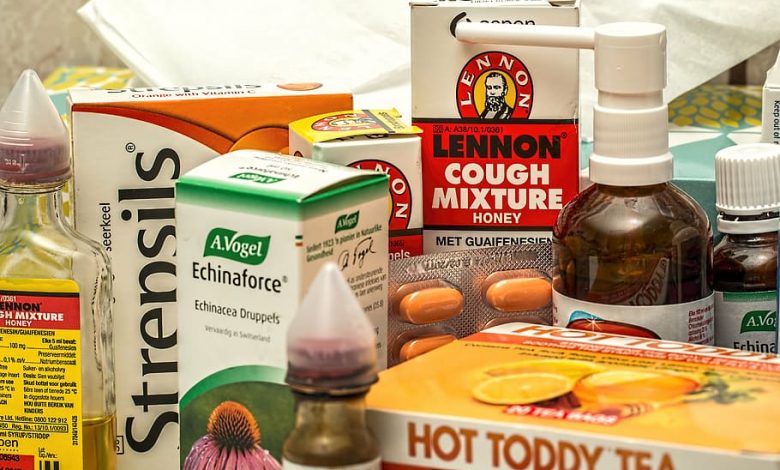Tips for Flu Prevention and Care
Avoid direct contact with a sick person and do not share food, glasses or cutlery.

Extreme hygiene:
wash your hands frequently with soap and water for a long time. Especially after coughing, sneezing or caring for a sick person.
Avoid direct contact with a sick person and do not share food, glasses or cutlery.
Ventilate rooms well and clean surfaces where there may be contaminated secretions more often.
The flu vaccine is recommended to be given before symptoms appear to the following groups: people over 65 years old, people with chronic diseases (such as asthma, bronchitis, diabetes, heart or kidney diseases) or living with them, pregnant women and health care workers.
What are the symptoms of the flu?
The most common symptoms are:
1) Fever and chills.
2) Headache.
3) Nasal congestion.
4) Sore throat.
5) General discomfort.
6) muscle aches
7) loss of appetite
8) dry cough
What should you do if you already have the flu?
Treatment of the flu is based on relieving symptoms and preventing infection.
1) Get some rest. Ideally, you should stay home, both to rest and to prevent the disease from spreading.
2) Drink plenty of fluids, especially water.
3) Avoid alcohol and tobacco.
4) Take the medication that improves the symptoms of the flu and that has been prescribed by the doctor (like medicines to lower the fever…).
5) Antibiotics are not effective in treating the flu.
6) As for anti-influenza drugs: it is recommended to limit their use to specific cases, and always under a doctor’s prescription.
How does the flu spread and how do you avoid it?
The flu is caused by a virus. People who are already infected are the ones who infect others, mostly through the droplets that are expelled when they talk, cough or sneeze. As soon as the virus enters a person’s nose, throat or lungs, it begins to multiply and produce symptoms.
This is why it is necessary to follow certain measures to avoid spreading it to other people, some of which are similar to the advice on prevention, such as extreme hygiene, ventilating rooms well, or not sharing food, glasses or cutlery.
But it is also very important to cover your nose and mouth when you cough or sneeze with a tissue and throw it away immediately after use. If you don’t have a tissue, do it with your hand or the inside of your elbow and wash it afterward. Avoid touching the eyes, nose or mouth.
When to apply for medical assistance?
We recommend that you consult a doctor from the 24-hour Service if you have symptoms of the flu and also:
1) You are over 65 years old
2) You’re pregnant.
3) You have immune, heart, lung or chronic kidney conditions.
Go to the ER:
*) If you have difficulty breathing, pain or chest noises while breathing.
*) If you continue to have a fever higher than 38.5 C after 5 days of evolution
*) If your child has a chronic illness, if he or she is under 2 years old (with special attention to children under 3 months old).





